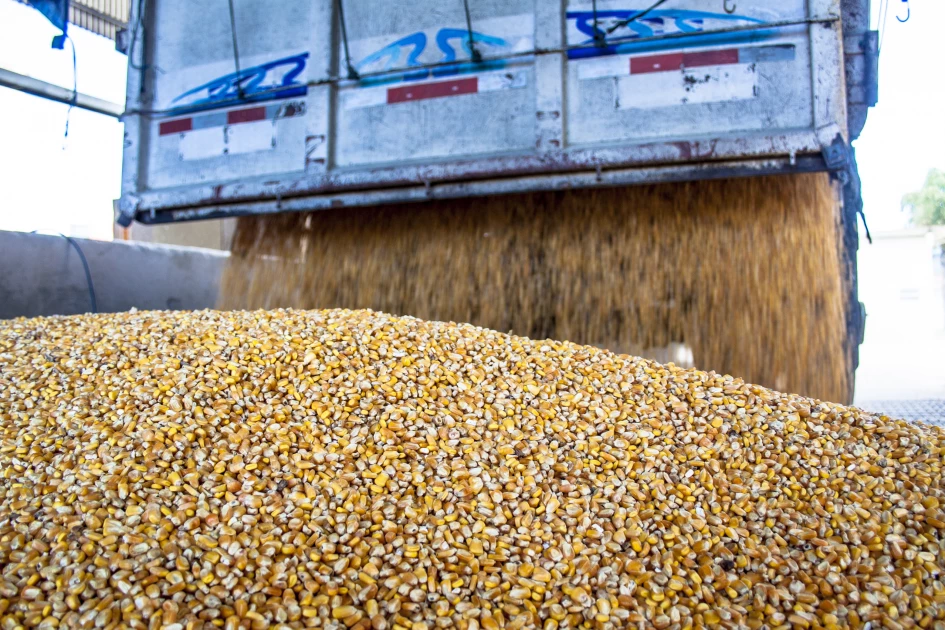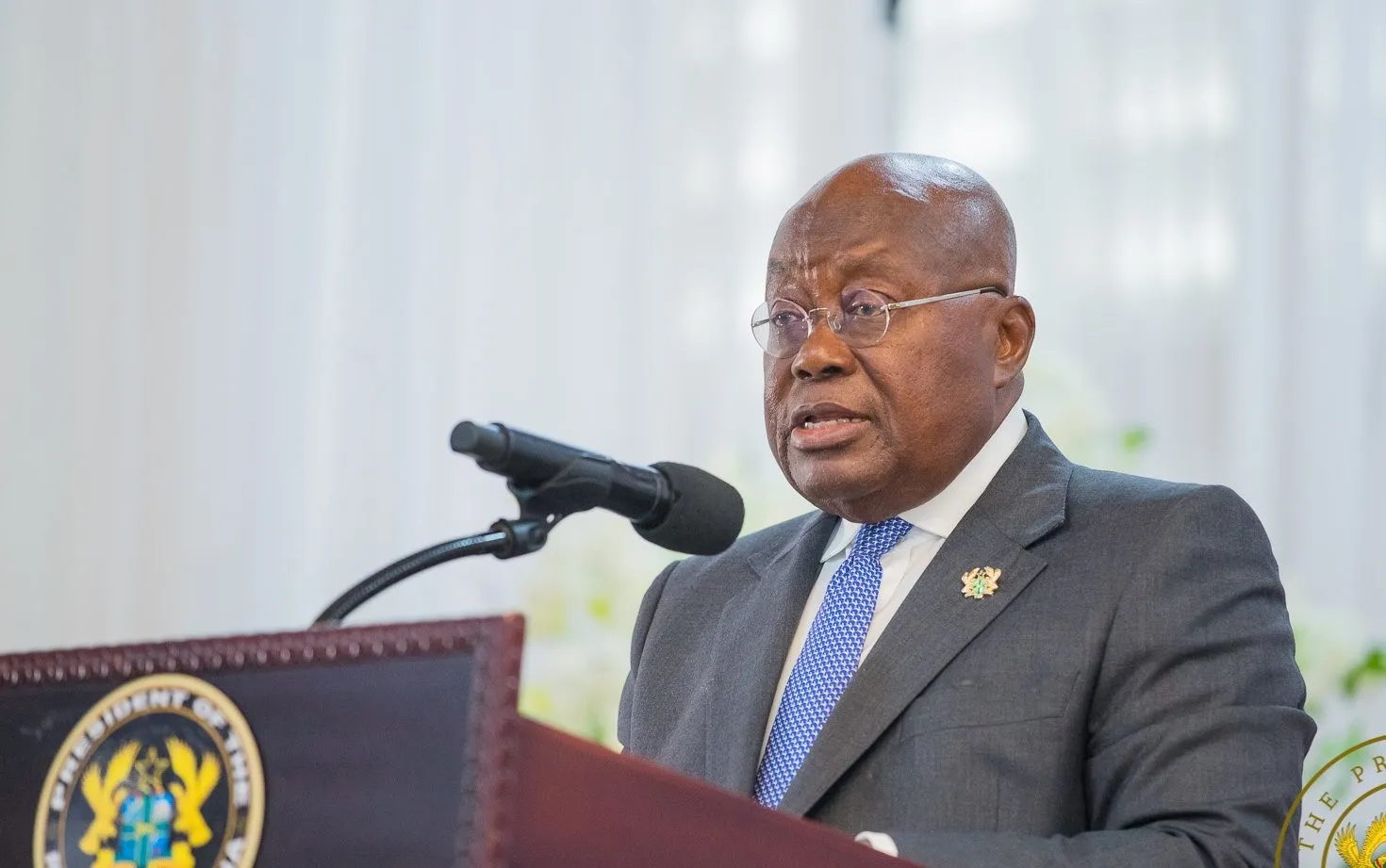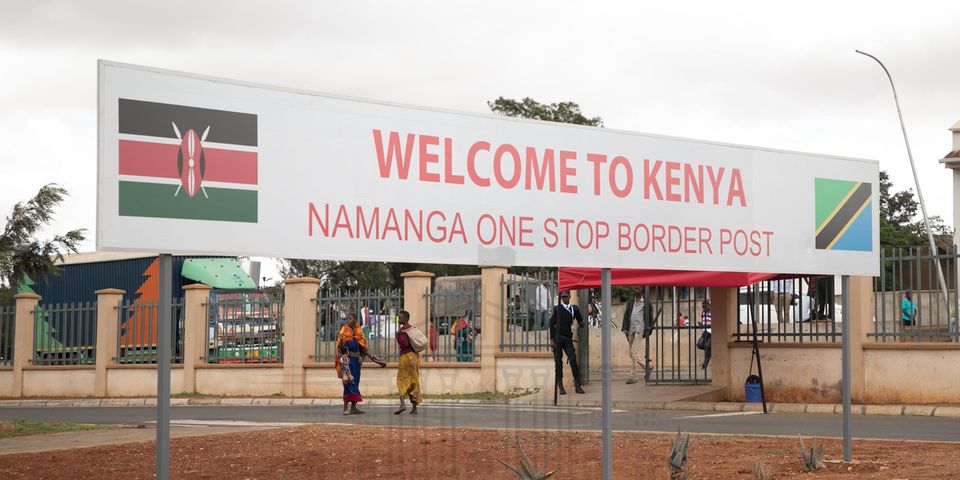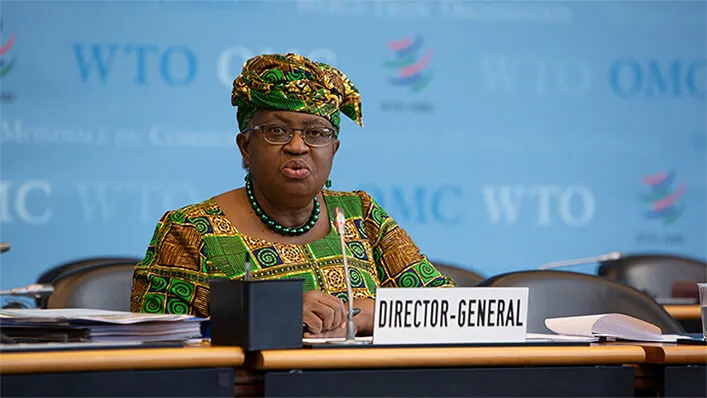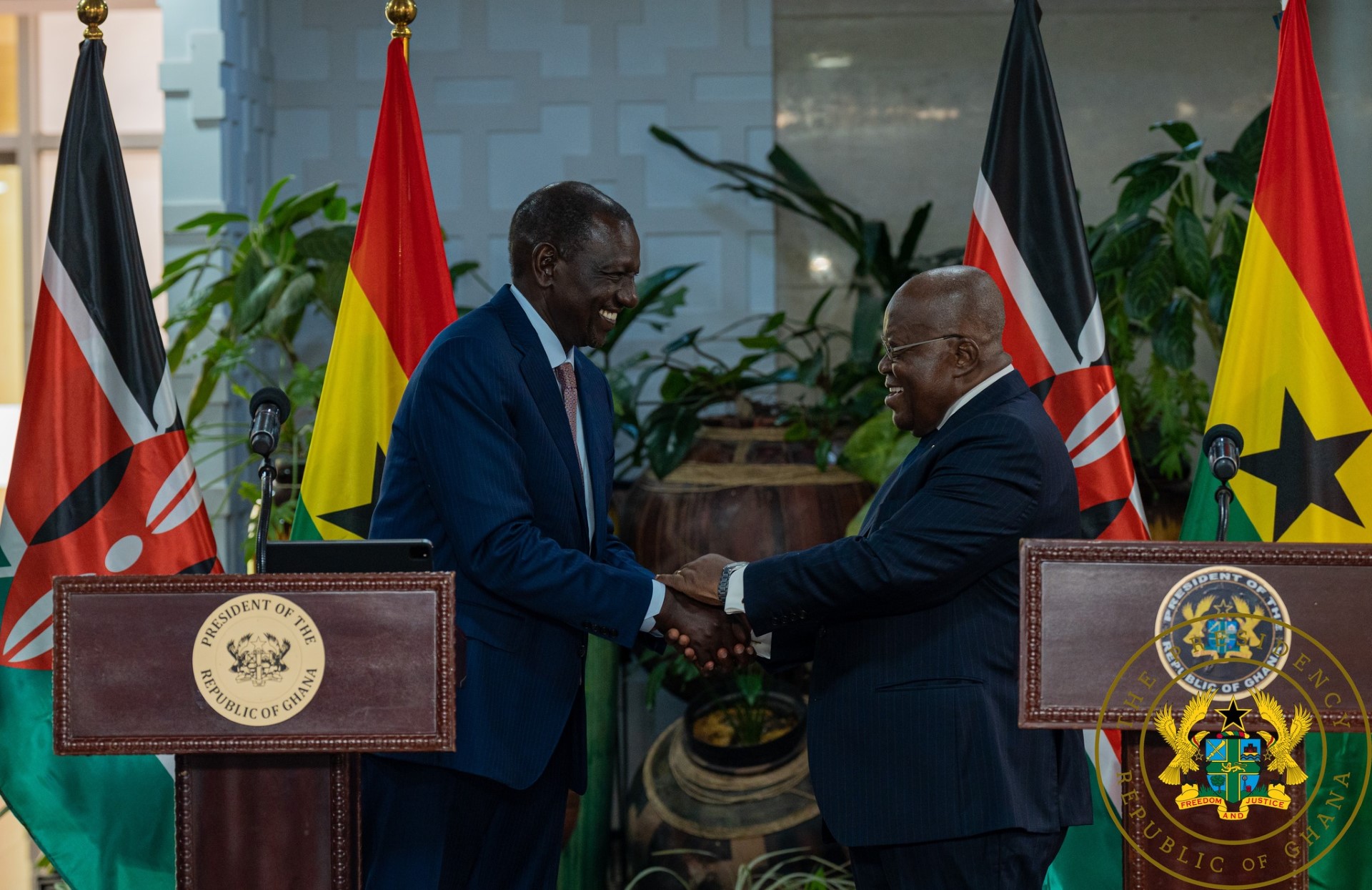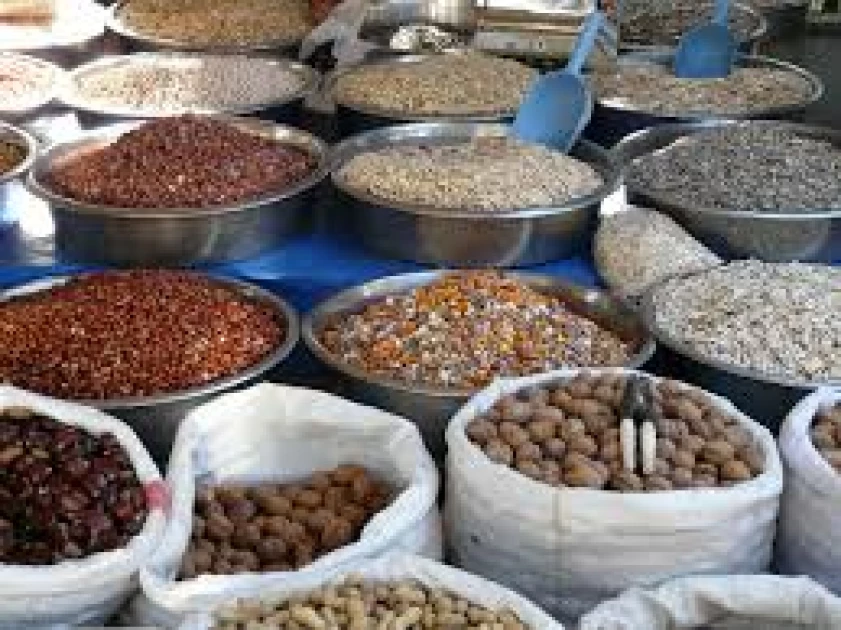THE Organistaion of Women in International Trade (OWIT) Zimbabwe Chapter has called on women-led businesses to be more innovative, efficient and produce products that are of good quality so as to be competitive under the African Continental Free Trade Area (AfCFTA). AfCFTA is an ambitious undertaking that brings together 1,3 billion people in 55 African countries to create the world’s largest free trade area as measured by the number of participating member States. Its objective is the creation of an integrated market for the trade in goods and services and the free movement of people and capital. OWIT Zimbabwe Chapter in partnership with Ecobank Zimbabwe and the Ministry of Women Affairs Community Small to Medium Enterprises Development on Friday hosted the second edition of the Open Market Day and Exhibition for Women Entrepreneurs on Friday in Bulawayo. The second edition of the event which ran under the theme: “Invest in Women: Accelerate Progress” comes after successfully hosting the first one in October last year in Harare. In an interview on the sidelines of the event, OWIT Zimbabwe Chapter president and founder of House of Organic Foods, Ms Buhlebenkosi Nyathi said they were all about creating access to international markets, value chain and finance for women. “That is why we have decided to have the second edition in Bulawayo where participants got a chance to network with other business people and hear about all the great initiatives that the Ministry, we as OWIT and Ecobank have in store for them. “Women-led...
Take advantage of the AfCFTA to grow your businesses, women told
Posted on: April 11, 2024
Posted on: April 11, 2024


